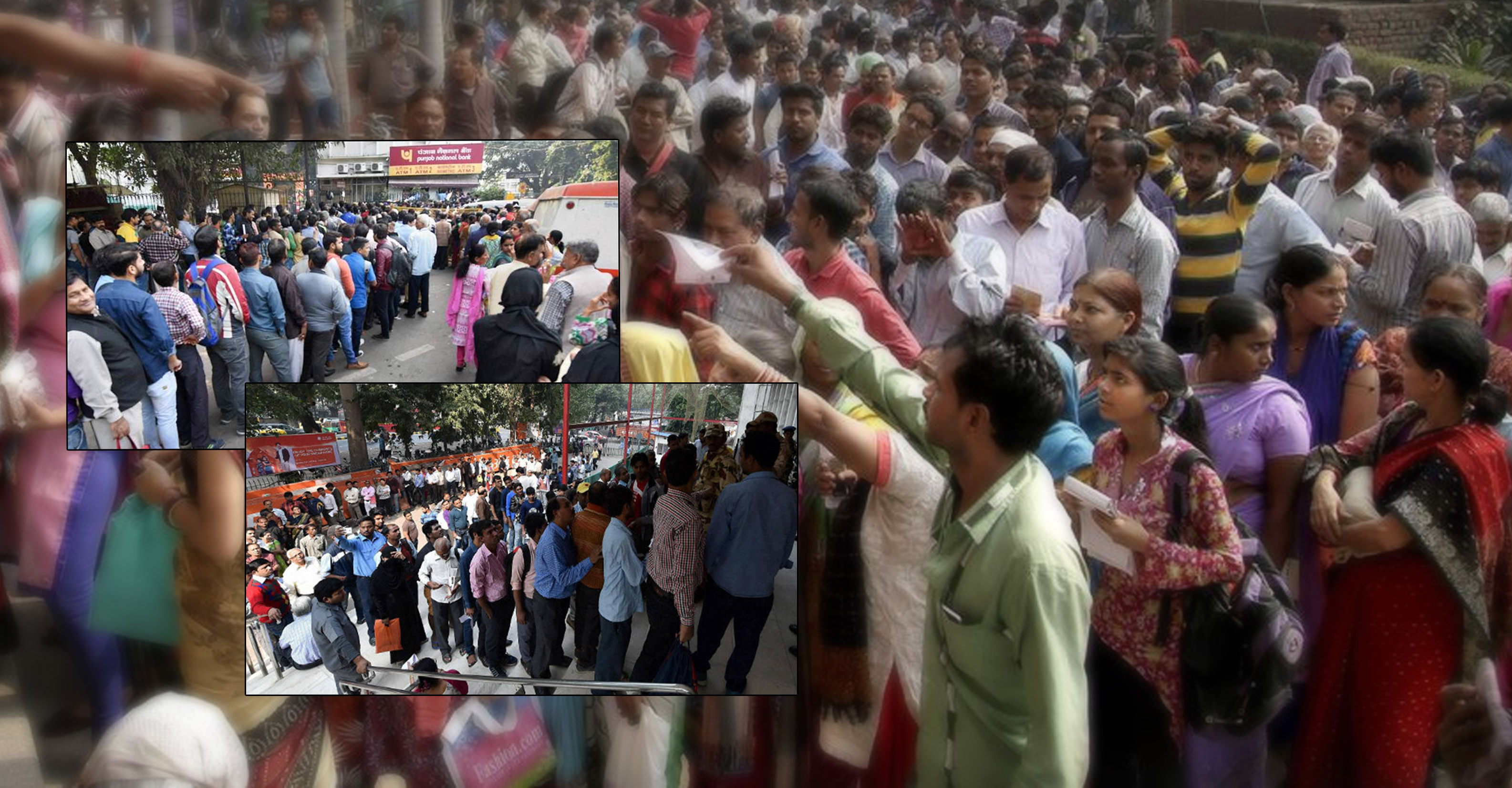November 8, 2018
Bangla Govt’s Samarthan Scheme has been a friend in need for those affected by DeMonetisation

To ameliorate the condition of the people, especially from the unorganised sector, who had lost their jobs as a result of the implementation of the policy of demonetisation and had thus returned to Bengal, the State Government started the Samarthan Scheme.
The scheme was announced during the presentation of the State Budget. Under the scheme, a one-time grant of Rs 50,000 was given to each of 50,000 workers to start their own business so that they can earn their livelihood. the gazette notification for the scheme was published on February 23.
Eligibility conditions
Any labourer/worker who is a permanent resident of Bengal, working in other states, and was compelled to return to Bengal after November 8, 2016 due to loss of job in that state, subject to the eligibility of the following conditions:
(i) The worker/ labourer is a breadwinner of the family.
(ii) The block development officer (BDO) in consultation with local police administration certifies that the applicant was actually working outside Bengal and has returned to the state after November 8, 2016 due to loss of job.
(iii) The applicant must have an electoral photo-identity card (EPIC) to prove permanent residency in Bengal.
(iv) The applicant must submit a copy of the passbook of any savings account held in a post office, scheduled commercial bank, co-operative bank, regional rural bank, etc., providing the account details where the grant will be credited online.
Implementation
The Labour Department is the nodal department for the implementation, monitoring and supervision of the scheme.
Since the districts most affected by demonetisation are Purba Medinipur, Paschim Medinipur, Bardhaman, Birbhum, Nadia, Murshidabad, Uttar Dinajpur, Dakshin Dinajpur, Cooch Behar and Howrah, in phase-I the scheme was implemented in these 10 districts.
In other districts, district magistrates assessed the situation and the number of affected persons and intimated the data to the Labour Department.
